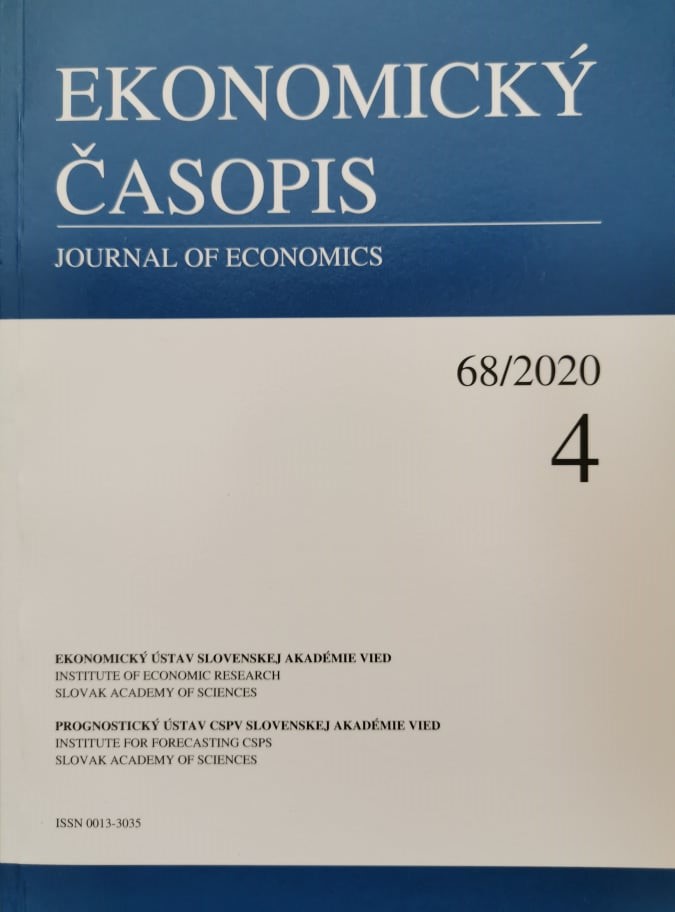The Link between Fiscal Decentralization and Ethnolinguistic Fragmentation of the Population in OECD Countries
The Link between Fiscal Decentralization and Ethnolinguistic Fragmentation of the Population in OECD Countries
Author(s): Lenka Maličká, Jakub KrižkoSubject(s): Fiscal Politics / Budgeting
Published by: SAV - Slovenská akadémia vied - Ekonomický ústav SAV a Prognostický ústav SAV
Keywords: population diversity; ethnolinguistic fragmentation; decentralization theorem; fiscal decentralization; panel data;
Summary/Abstract: In this paper, authors propose a unique merged index of the ethnolinguistic fragmentation of the population to examine the relationship between fiscal decentralization and ethnolinguistic fragmentation. The initial hypothesis, based on the Decentralization Theorem, assumes a positive relationship. The basic dynamic panel data model covers a sample of 35 OECD countries in period 2000 – 2017, the reduced sample covers 26 OECD countries, excluding countries with the lowest income inequalities. Here the stronger effect of ethnolinguistic fragmentation on fiscal decentralization is expected. The research involves different types of fiscal decentralization (spending, revenue and tax decentralization). Estimation results are confronted with estimations employing alternative indices of ethnic and linguistic fragmentation, previously used in researches. Findings support the initial hypothesis in the case of the spending decentralization on both samples. The confrontation with indices of ethnic or linguistic fragmentation shows significant effect of ethnic fragmentation. In the case of the reduced sample, results do not support the expectation of stronger effect of ethnolinguistic fragmentation on fiscal decentralization.
Journal: Ekonomický časopis
- Issue Year: 68/2020
- Issue No: 04
- Page Range: 340-359
- Page Count: 20
- Language: English

